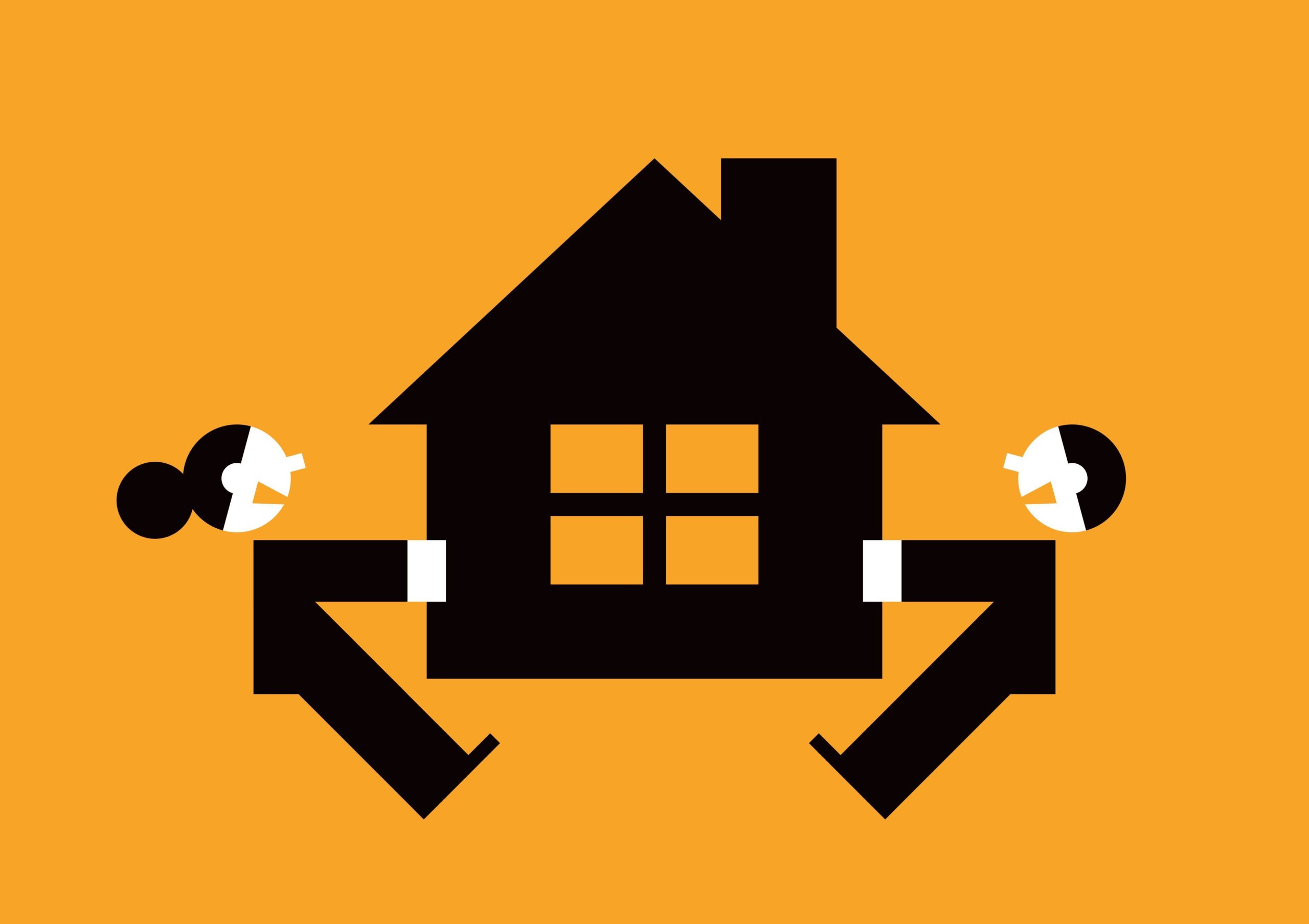
How to Avoid Family Property Disputes

Estate planning is a vital part of planning for your future and the future of your family. You want to protect your interests and ensure that your loved ones are taken care of when you’re gone.
Unfortunately, disputes within the family can arise if you fail to create an estate plan or if someone doesn’t like the decisions you made regarding the distribution of your property.
Although drafting the necessary documents could prevent issues from arising, you should also have conversations with your loved ones about the decisions you’re making. By informing them upfront about what you want and how things should be handled when you pass away, you could avoid ugly confrontations within the family.
Below are some tips to prevent family property disputes.
Be Open and Honest with Your Family
Schedule a time with your family to sit down and discuss all aspects of your estate plan. Inform them of wishes you want to be carried out upon your death and how you’re going to handle dividing your property. It’s better if they know now what you intend to do so they’re not surprised when it comes time for your will to be read.
You don’t have to get into specifics if you don’t want to, but you should let your family know what you plan to do with your assets. You can also explain the reasoning behind your decisions.
Some people might feel upset about not receiving a precious family heirloom or property they believe they rightfully deserve. If you openly communicate why you’re distributing assets in the way you decided, you could prevent someone from taking another person within the family to court.
Review Designated Beneficiaries
Plans can change over the years. You might have created your estate plan decades ago. There could have been divorces, births, deaths, and other significant life events in that time.
Your will should reflect the changes that have happened. For example, if you chose a beneficiary to receive your home but they passed away, you should designate a new beneficiary.
Look over all the legal documents included in your estate plan. Ensure the beneficiaries you picked are still alive and that they’re still the people you want to leave your assets to. If you want to make any changes, you should do it immediately. Waiting to change your beneficiaries could result in contentious courtroom battles after your death. If you pass away before you can add a new child to your will, they might end up suing their siblings for a piece of your estate.
Strengthen Your Family Bond
Make plans to spend more time together with the entire family. You can discuss taking a vacation together or schedule frequent dinners. The more quality time you spend with each other, the better your bond should be.
Creating new memories and strengthening your relationships could resolve lingering issues between family members. The risk of disputes arising after your death is likely to decrease if everyone feels like they have a solid bond and connection.
Check Property Ownership
Many people believe joint ownership with a spouse or child is the best method of leaving valuable assets behind. You might add a child to your bank account, so they can use it immediately upon your death to pay for funeral arrangements and other necessary expenses. However, your other children might feel slighted if they have to wait for probate to receive your property.
Additionally, serious problems can occur if the title to your home or bank account is in the wrong name. If you decide to add someone’s name to one of your assets, but they’re no longer speaking to you, it could create issues within the family if someone believes they should not have access to your money or property.
Contact Mullen Holland & Cooper, P.A.
If you’re creating a new estate plan or amending an existing one, you should contact Mullen Holland & Cooper P.A. immediately. Our North Carolina estate planning attorneys have over 60 years of experience assisting clients with their estate planning and estate administration needs.
We can guide you through the entire process, so you have peace of mind knowing your family will be taken care of and avoid disputes regarding your property’s division.
Call us at 704-864-6751 today for your confidential consultation with one of our dedicated and trusted estate planning lawyers.






